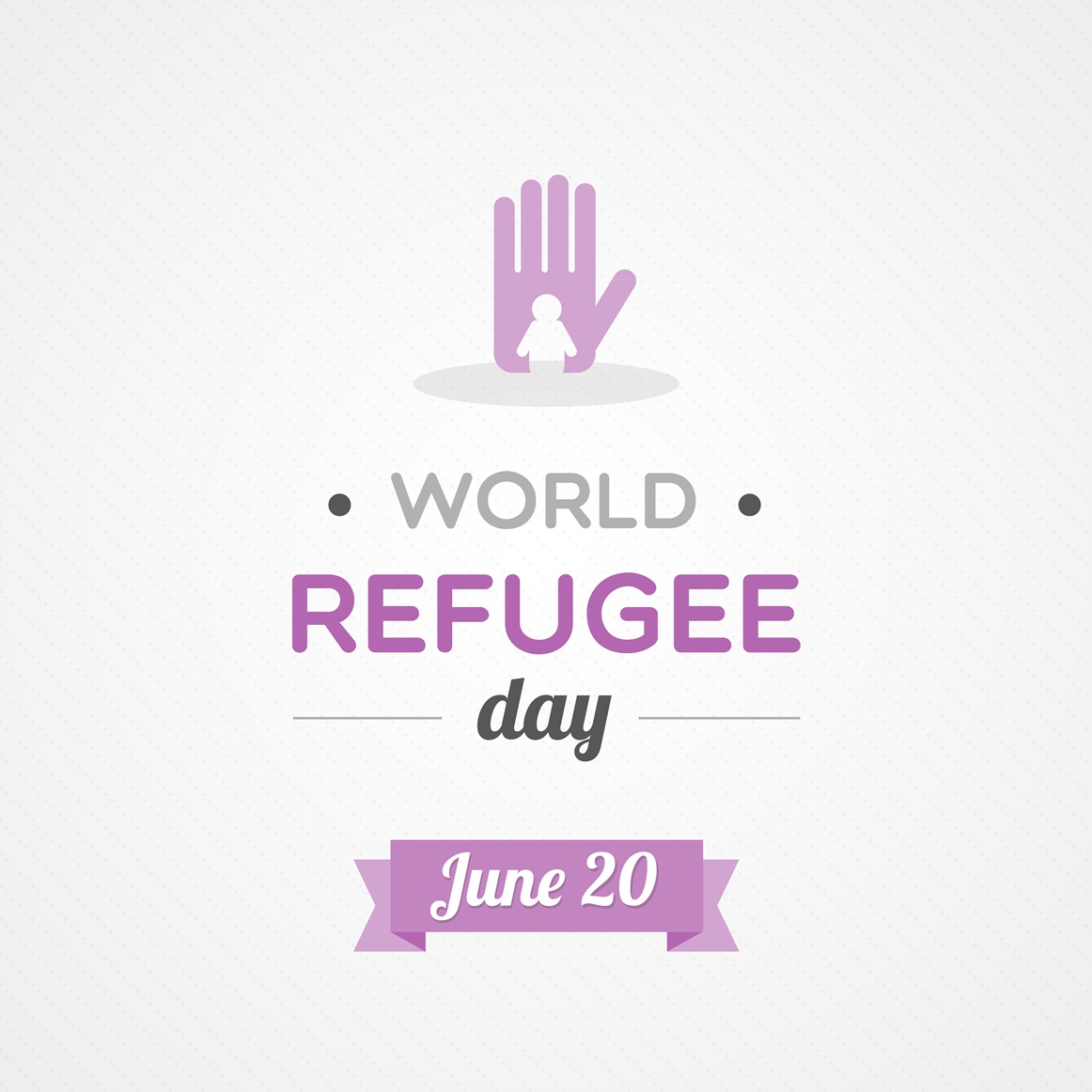Written by Anita Orav
People who flee their own country because of war, violence and extreme poverty rely on the solidarity of other countries. All EU Member States, as signatories to the Geneva Convention, are bound to respect their obligations towards people in need of international protection, especially with regard to the principle of non-refoulement. This core principle prohibits countries from returning persons to a country of origin or residence where they are threatened by persecution on grounds of race, religion, nationality, membership of a particular group or political opinion. A documentary overview of the non-refoulement principle can be found in our keysource on Non-refoulement, push-backs and the EU response to irregular migration.

Marking the 50th anniversary of the 1951 Geneva Convention relating to the Status of Refugees in December 2000, a UN General Assembly resolution, dedicated every 20 June as World Refugee Day. This key document, and its 1967 Protocol, provide the global legal framework for international refugee law and currently enlist 148 States parties, under the coordination of the UN High Commission for Refugees (UNHCR). EU cooperation with the UNHCR is discussed in our ‘At a Glance’ note on the EU and the UN refugee agency (UNHCR).
Granting asylum means that a state offers international protection on its territory to those qualifying as ‘refugees’ under the Geneva Convention criteria. Moreover, in the EU the Qualification Directive extends this protection to persons who do not qualify as refugees; where there are substantial grounds to believe that their life or freedom would be in serious risk if returned to their country of origin. For more information on the legal framework of asylum, refer to our briefing EU legal framework on asylum and irregular immigration ‘on arrival’. Our briefing on Asylum in the EU: Facts and Figures gives a graphical overview of the number of asylum applications lodged and granted in EU Member States. Among those seeking protection in the EU, are an increasing number of unaccompanied children separated from their families. Analytical sources and stakeholder views on the situation are provided in our keysource ‘Undocumented migrant children in the EU‘.
The possible outlook for extraterritorial processing of asylum claims in the near future is discussed in our keysource on Extraterritorial processing of asylum claims. As regards those persons not fulfilling, or no longer fulfilling, the criteria for asylum, our briefing Irregular immigration in the EU: Facts and Figures takes stock of the number, origin and return of persons arriving in Europe irregularly.
To respond to the calls for a holistic approach to the current influx of mixed migration consisting of refugees and economic migrants, the European Commission presented a proposal for a new Agenda on Migration in May 2015. The Agenda sets out measures for immediate action as well as options for the coming years. Our briefing First measures of the European Agenda on Migration presents the main measures under debate, including the resettlement of 20 000 refugees in EU Member States over the next two years. This initiative responds to the repeated calls by the UNHCR to adapt international refugee policy to the increasingly large numbers of refugees as a result of wars in Syria and Iraq, instability in Afghanistan, Eritrea and elsewhere. The Agenda will be discussed by the leaders of the Member States at the European Council of 25-26 June 2015.








Be the first to write a comment.